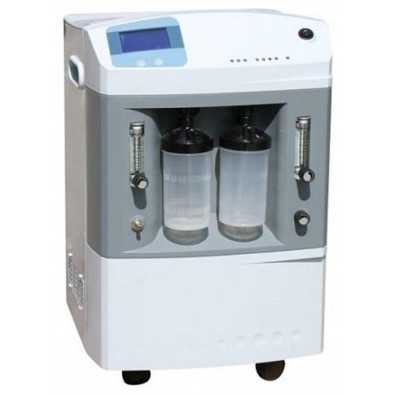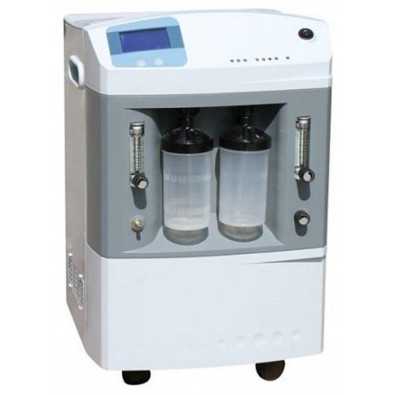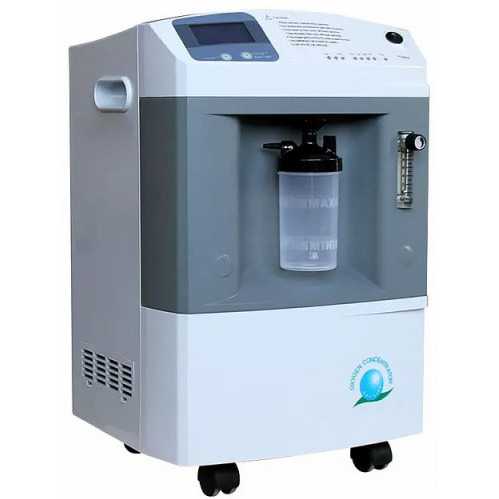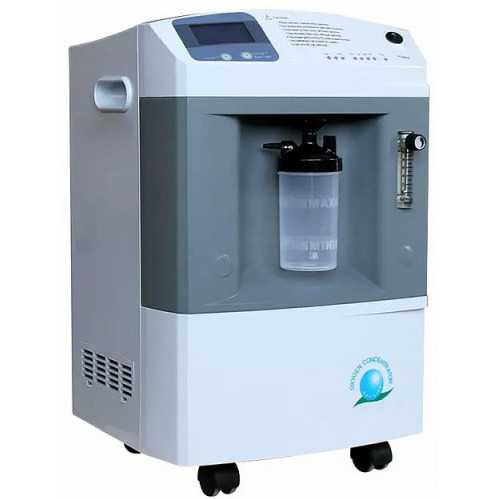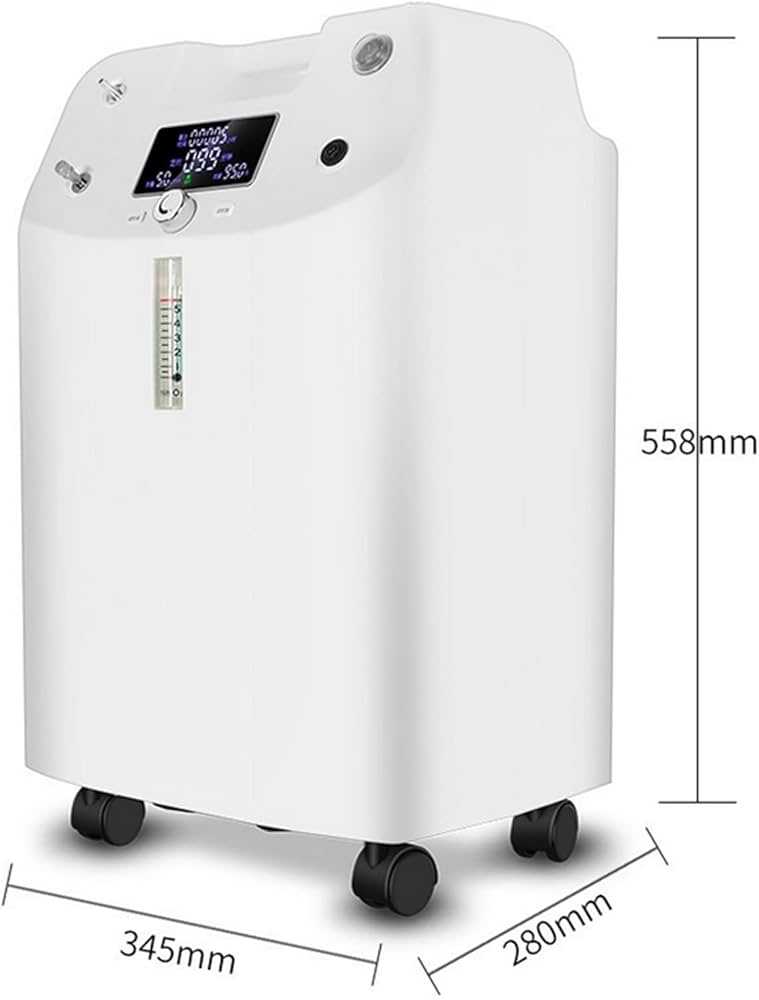what is bladder cancer?
Content is medically reviewed by:
Dr. Udaya Kumar Maiya (MBBS, MD, DNB(RT), DCCF (Paris), Medical Director, Portea.
Bladder cancer definition according to medical terminology states that it is a condition when cells turn abnormal due to mutation inside the bladder and divide and multiply, thus creating tumours and not dying instead after a set period. Bladder cancer mostly affects people over the age of 50 and older men, in general. Early bladder cancer stages in men are considered treatable, and follow-up treatment is usually required to prevent recurring future cases.
Bladder cancer symptoms in men are cola-coloured urine (hematuria), pain experienced during urination, and pelvic pain. Back pain and frequent urination are associated with bladder cancer symptoms. However, these may be linked to other medical conditions. Surgery, chemotherapy, bladder reconstruction, chemotherapy, radiation therapy, and immunotherapy are some of the common bladder cancer treatment methods in hospitals. Your doctor may recommend a combination of these approaches based on your age and medical condition.
types of bladder cancer
Bladder cancer types are based on the appearance of tumor cells in the bladder. The type of bladder cancer you have will be revealed when the doctor analyzes the cancerous cells under a microscope. There are mainly three bladder cancer types in patients:
Urothelial Carcinoma – 90% of bladder cases are behind urothelial carcinoma. This is a condition where cancerous tumors begin forming in the urothelial cells located in the urinary tract.
Squamous Cell Carcinoma – Squamous cells develop in the bladder lining due to irritation and inflammation. When they become cancerous, they lead to bladder cancer.
Adenocarcinoma – A rare type of bladder cancer which begins from the glandular cells and accounts for 2% of medical cases.
what are some of the bladder cancer causes?
Some of the bladder cancer causes in patients are:
Smoking – Overconsumption of tobacco and being exposed to too much cigarette smoke may increase the risk for developing bladder cancer.
Harmful chemicals – Exposure to harmful chemicals found in substances like benzidine, dyes and textiles, affect the inner lining of the bladder.
Type 2 Diabetes treatments – Certain Type 2 diabetes treatments have been discovered to have a link to problems related to bladder cancer treatment.
Urinary Tract Infections (UTI) – Long-term or recurrent UTIs are responsible for causing bladder cancer.
Parasitic infections – Parasitic infections may affect those who frequently travel to areas outside the United States and lead to a bladder cancer diagnosis.
diagnosis of bladder cancer
Your doctor may recommend the following bladder cancer screening tests for identifying specific symptoms:
Cystoscopy – A cystoscope (narrow tube) is inserted into the urethra which comes with a lens. Your doctor uses this cystoscope to examine for signs of illness or bladder cancer by looking inside our urethra.
Biopsy – A special tool is inserted into your bladder to collect a tissue sample for testing or analysis in the lab.
Urine Cytology – It is a medical procedure that collects a sample of your urine for analysis under a microscope.
Imaging Tests – CT scans and retrograde pyelogram are used to examine structures in and around the urinary tract
bladder cancer treatment
Your doctor will reveal your bladder cancer symptoms and tell you which stage you’re in once he/she is finished evaluating the results of bladder screening tests. These are the following treatment protocols available for treating bladder cancer in patients and your doctor may even recommend a combination of these:
Immunotherapy:
Bladder cancer cells may bind with your immune system and go undetected which is why immunotherapy is used to trigger the body’s immune system response, thus unbinding them and fighting against cancerous cells.
Surgery: Surgery is used to remove cancerous cells or tumors and in extreme cases, the entire bladder itself. If the entire bladder is removed during surgery, a reconstruction procedure will follow where a new way is created for the urine to exit the body.
Chemotherapy: Various medications and drugs are used in chemotherapy to treat and fight against tumors found in the inner lining of the bladder. Chemotherapy carries with it a risk of a recurring case of bladder cancer in the future.
Radiation Therapy: High-powered energy beams are used to treat early bladder cancer stages when patients don’t want to opt for surgery. This procedure is used to shrink tumors and destroy cancer cells in the bladder.
when do you need us?
A part of bladder cancer treatment is extensive palliative care. Palliative care is bladder cancer home treatment where the patient is taken care of and clinically supported from the comfort of their residence. Our team of nurses for bladder cancer and doctors first visit your home to assess your condition. Based on the medical diagnosis and bladder cancer symptoms exhibited, you will be recommended as the best course of action and treatment.


